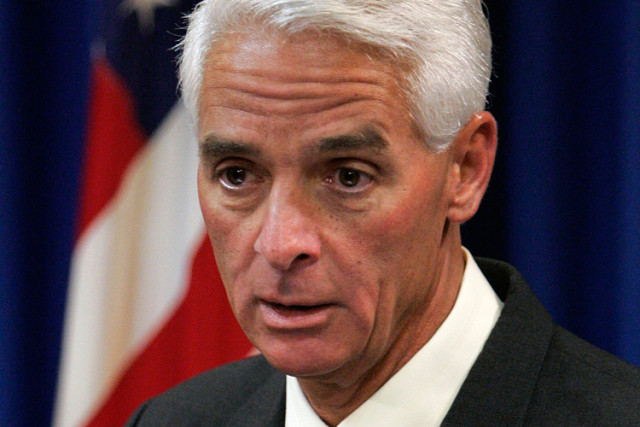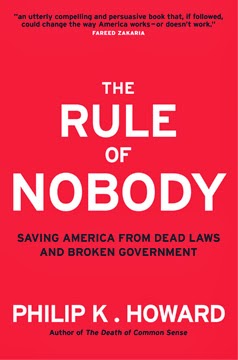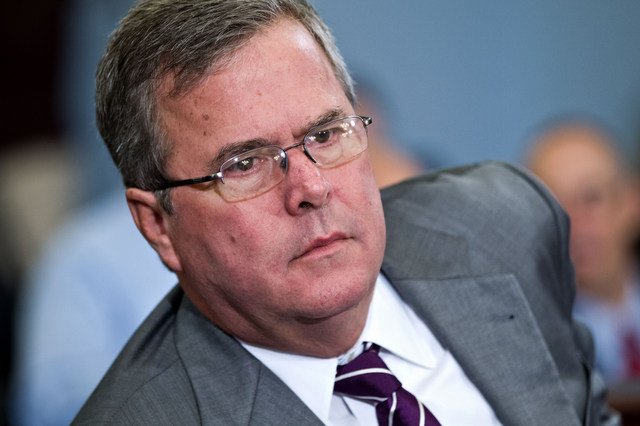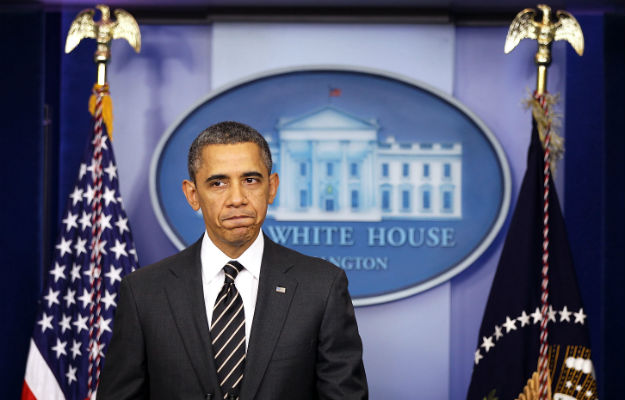Keystone XL: Who benefits? Who loses?
Last Thursday, 20 March, the Washington Post published an amazing article by Juliet Eilperin, their Environment reporter, claiming the Koch brothers are the major owners of Canadian “tar sands” – the source of oil to be shipped through the Keystone XL . Specifically the article said:
“The biggest leaseholder in Canada’s oil sands isn’t Exxon Mobil or Chevron. It’s the Koch brothers.”
In doing so, Eilperin and the Post relied on a recently issued report from a far-left outfit called the International Forum on Globalization (IFG).
Ms. Eilperin is a longtime advocate of action to save the earth from “catastrophic anthropogenic global warming” (CAGW), the old name before it became “climate change” or “carbon pollution.” It is not terribly surprising that Eilperin opposes the pipeline, whoever is invested in it. The surprise is that Eilperin rushed so quickly and gullibly into an obvious hoax.
The recent IFG report is a supplement to one issued in October, 2013, which became a laughingstock when John Hinderaker of Powerline blog tore it apart, noting that even IFG admits Keystone XL would provide competition for Koch oil sales in the American Midwest, costing them about $120 billion. In addition, Koch Industries has never lobbied for the Keystone XL. Also, one does not just drive up to a Keystone XL terminal – assuming one ever exists – and pour in a truckload of oil. A would-be user has to pay, in advance, for a quota of oil to be shipped, an allowance of a portion to be used (of a total 830,000 bbl/day). Koch Industries hasn’t bought a quota. Needless to say, Hinderaker had a lot of fun ripping the WaPo and Eilperin.
A wise journalist – or, at least, an honest one – would have issued a retraction and an apology to the readers. Eilperin and the Post have done neither. Nor has the Post’s Fact Checker, Glenn Kessler, the man who issues “Pinocchio” awards to liars, said anything about the article.
This lie ought to get Eilperin four pinocchios.
So, what did Eilperin offer in response? She said:
The Powerline article itself, and its tone, is strong evidence that issues surrounding the Koch brothers’ political and business interests will stir and inflame public debate in this election year. That’s why we wrote the piece.
Oh. The fact that someone – not even Koch Industries – tried to rebut a complete lie is justification for printing the lie in the first place – since it “stirs and inflames public debate.”
But wait, as the TV salesmen say, there’s more.
Juliet Eilperin is married to Andrew Light, who formulates environmental policy for John Podesta’s Center for American Progress (CAP). Light is also a member of the Obama Administration, as a Senior Advisor to the Special Envoy on Climate Change in the State Department. As you remember, Climate Change is the most important issue facing the world – according to the Secretary of State, John “A Child Could Understand This” Kerry. Today President Obama is in Europe, discussing with NATO and the leaders of the European Union, what we can do to blunt the Russian control of the EU energy supply.
As you probably remember, John Podesta was recently made a “special advisor” to Obama – and specifically to advise on climate for the guy who once promised to make your electricity costs “skyrocket.” Mr. Podesta strongly and unequivocally opposes the construction of liquefied natural gas (LNG) export terminals. He wants more study – as has been done for Keystone XL pipeline, for five years.
Who benefits if the Keystone pipeline goes ahead? Millions of Americans who will see gasoline prices decrease. Millions of Canadians who will see taxes flow into their national treasury. Thousands of Americans and Canadian workers. American energy independence, a priority since the 1970’s. Certainly not Koch Industries.
Who benefits if Keystone is not approved?
Tom Steyer, hedge fund billionaire and major Democratic Party contributor. Steyer is offering $100 million to Democrats in 2014 who oppose Keystone. Prior to the Democratic Senators’ talkathon, the leaders visited Steyer’s home in New York. Does anyone believe Mr. Steyer cares for the environment and global warming $100 million worth?
The feature image is a picture of Brad Johnson, a staff writer for Podesta’s Center for American Progress, admonishing the Washington Post against telling lies – when the Post dared print a column by Charles Krauthammer that suggested climate science is not “settled science.”
The American Physical Society (APS) recently appointed a panel of members, including three prominent sceptics, to review its previous endorsement of global warming as a matter of concern. Sounds pretty unsettled. I don’t often agree with Johnson or the rest of Podesta’s gang, but I also wish the Washington Post and its environment writer, Eilperin, would stop telling lies.
RELATED STORY: Keystone XL is Proof Obama Opposes U.S. Economic Growth



















